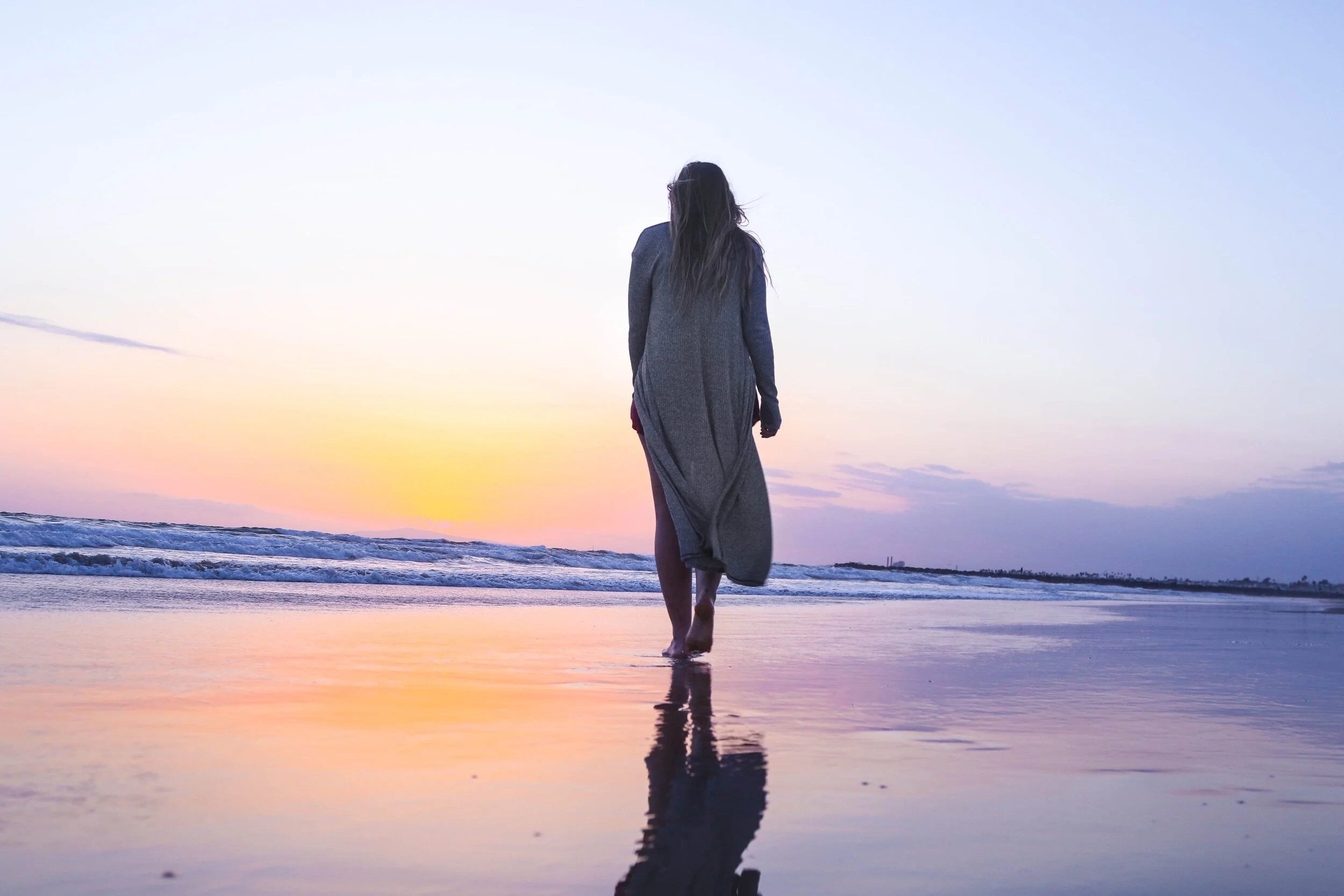It's Like a Messy Divorce
/I lamented to my therapist recently, “It’s taking so long to be able to live without fear that I’m in huge spiritual trouble!”
“How long were you a part of the Christian church?” she asked.
“Forty-five years,” I replied with a sheepish grin.
“Well, then. Expect this to take some time.”
It’s been seven years so far. All over my Internet feeds are other ex-vangelicals who are deconstructing. There are a lot who have left the church but say they haven’t left Jesus. That was me for a while. But it isn’t anymore. I’ve kinda been in the closet about this, but I think it’s time to stick my head out.
Organized religions tell us that once we start to question the tenants of our faith, we open ourselves up to doubting everything. Cults say this to their members, too. But if the tenents of our religion are the true ones, then they would stand up to me questioning them, right? I started to see that if the Christian God was real, he would be fine with me asking some taboo questions. After all, how could my questions threaten or chase away the God of the universe?
And so I asked - by reading, talking with others, and journaling. What if the Bible isn’t literal? Maybe I don’t need to protect myself from the people I’ve been told to stay away from. What if there are no heaven and hell? And what if I don’t have to be saved by the violent death of a god? What if Jesus was only human? These are the questions I began to not be afraid to ask. I was scared at the beginning. But as time went on, I began to exchange fear for curiosity.
I remember the day I began to doubt eternal life. It really rocked me. I asked someone I loved and trusted what they believed about life after death. “I don’t believe it exists,” they said. I asked why. To be honest, I don’t remember their answer. I do remember how it started the process of me seeing how much I built my life around this belief. What if the teachers I listened to were wrong? After all, none of us REALLY knows what happens after we die. And the Bible doesn’t actually say a lot about it. So maybe it’s NOT true!
Rob Bell’s book, “Love Wins” - again, a book many of my peers considered dangerous - reminded me of what I had forgotten. The current concept of hell has only been around for about 200 years. It came about simultaneously as the famous sermon by Jonathan Edwards, “Sinners in the Hands of an Angry God.” What if there is another way to think about “hell”? I had to ask the question.
What would it mean in my life if life after death didn’t exist? For me, it meant a whole different level of trust. What IF I won’t reunite with loved ones? I better love them well now. What IF the scales of justice won’t balance until after death? It means I better fight for justice for all now. What if there won’t be rewards for me in heaven? I could live with myself as the judge instead of striving to please and hear a god I couldn’t see. After all, the voice of judgment in my head was killing me, resulting in chronic pain, sleeplessness, and relentless anxiety. I needed to be able to get to the bottom of what was robbing me of life on earth.
Questioning my beliefs about life after death was only one way I let myself begin to live with uncertainty. I began to follow my intuition while allowing myself to question the Bible’s inerrancy and the resurrection. But, most of all, I allowed myself to doubt that there was a God who paid attention to my day-to-day life. This is the number one belief that I finally decided I had to live without to find the freedom and healing I needed. Just like a toxic marriage, I began to see that I had to leave God behind. I especially had to go away from where I had always been told he hung out - CHURCH.
Friends, living as a Christian the way I did for forty-five years kept me from being human. Being moral over being Jenny was how I lived for so long, disconnected from my own feelings and intuition. I lived on a moment-to-moment basis as if there was a god I could never please. For me, I had to leave this god. Just like a divorce, there were stages and fears I had to face. But on the other side, I found myself full of relief.
I can’t listen to Sunday sermons anymore. I can no longer take communion in a traditional setting with a clean conscience. I now ask my intuition how to live without asking God what he thinks. Sometimes I still pray, “Help, Thanks, Wow,” but I don’t take for granted that something outside of myself is listening. I don’t read the Bible anymore, but it would be as a book of poetry and ideals and history if I did. I no longer believe it is a literal blueprint for living inspired by one God.
I don’t think I will ever go back.
It’s been seven years since I began this process. It has been messy, again, just like a nasty divorce. There have been days where I doubted I could ever rebuild a new life. Friends have changed, holidays have changed, and dreams have changed, and sometimes I can’t see a new vision.
But I can find peace like I couldn’t before. Rest. I can recognize the judgmental voice as something outside myself, even though it never really goes away. I feel so much less neurotic - trying to please and talk with a god (pray without ceasing, yadda, yadda) morning, noon, and night. I can learn to live fully human now with so much less shame.
I now regularly breathe deep sighs of relief.


